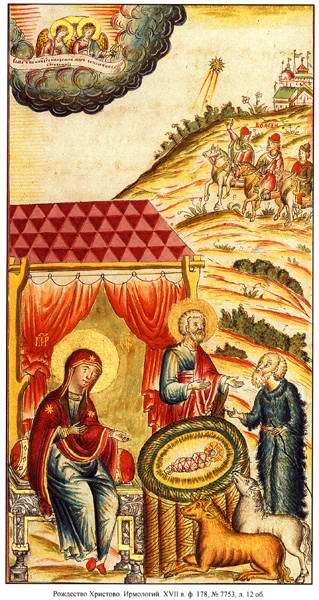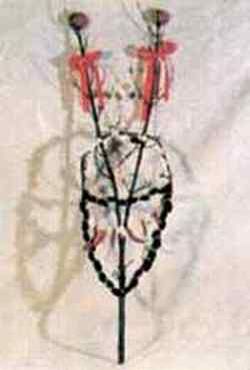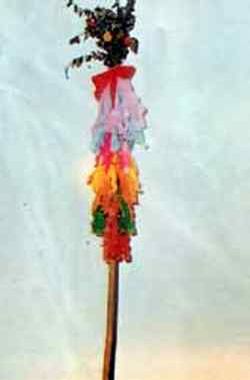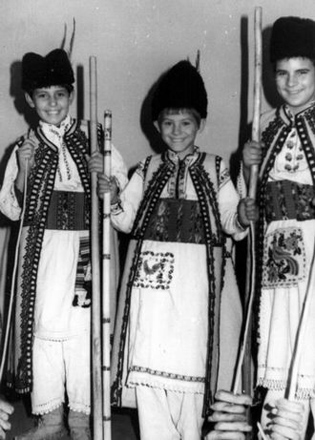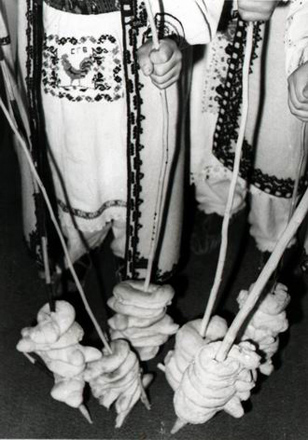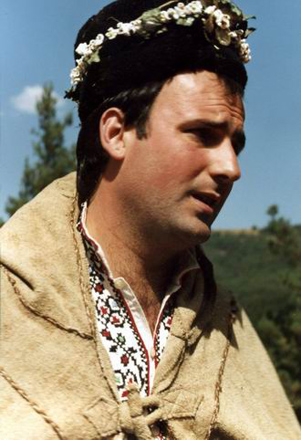Survaky customs
Since we're little we understand the magic of the survachka. You give a drubbing to pap, mom, grandma, grandpa or some other relative and they give you money to buy many sweet treats around Christmas and New Year. All you have to do is learn by rote a sourvaky verse to mumble while drubbing someone's back."Koleduvane" is a winter custom for fertility, health and happiness. The word comes from the roman "calendae" - the first days of january when rituals for fertility and prosperity throughout the year are taking place. On Christmas Eve a group of "koledar"s, lead by a "statenik" and dressed for a feast visit homes with wishes of good fortune and songs which are performed antiphonal by two groups of singers. These Christmas songs are sung lively and festively. Koledars come in and go out of the house with specific songs. When leaving the statenik says a long, tongue-twisting Christmas blessing filled with humour. In it, besides the traditional content, sound echoes and satire from the present days. Christmas ends at dawn by the fountain with the choir of Christmas songs. On Christmas Eve a "budnik" is prepared - a large piece of wood with a small hole in one of the ends. It is then left in the fireplace to burn out slowly throghout the night. In some regions people used to fortune-tell with this "budnik" and predict what the year will be. The dishes prepared for that night's table are lenten and 5, 7 or 9 in count. Everything put on the table has a symbolic meaning. Garlic, dried fruits, peppers filled with bean, meatless stuffed cabbage leaves, walnuts and other.
An authentic "survachka" - cornel tree, wool, colored papers and feathers
A survachka made of cornel tree, wool, popcorn and dried fruits
"The Birth of Christ" - Orthodox icon
Survaky pretzels on the sticks of the fellowship
Survaky group of young boys
"Survakar" in his ritual clothing



